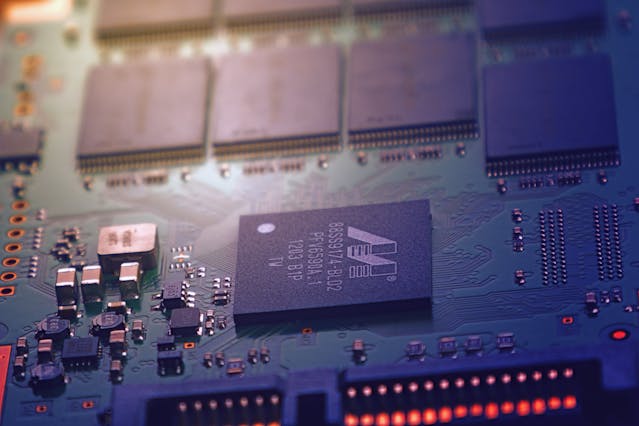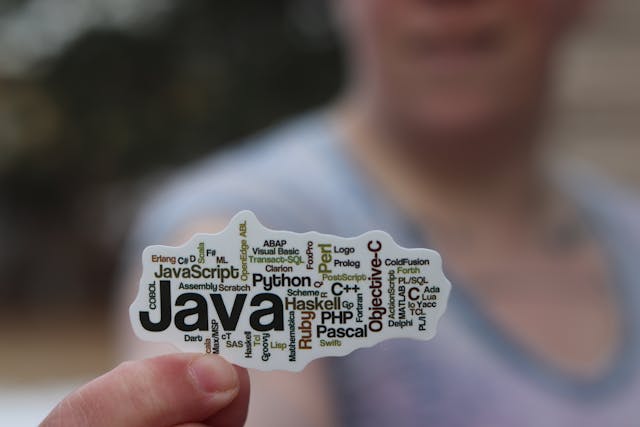Solar Financing for Contractors: An Industry-Based Approach
When you’re starting your own business, one of the most important things you need to do is come up with a business plan. One part of your business plan is figuring out how you’re going to finance your company – whether that’s through loans from traditional lenders or getting creative with some alternative financing methods.
Given the recent surge in renewables and electric vehicle (EV) technology, there has been a lot of talk about solar financing in the media lately. This article will provide an overview of solar financing options for contractors and entrepreneurs, with a focus on industry-based approaches.
Table of Contents
Traditional Lending Options
If you’re looking to borrow money to start or grow your business, there are a number of traditional lenders that can help you out. Some of the most common types of loans available to businesses include:
● Commercial loans: These are designed for businesses with significant debt and equity financing needs. Long term commercial loans are used for a wide range of purposes, from expanding your business to purchasing new equipment or making improvements to your facilities.
These are designed for businesses with significant debt and equity financing needs. They can be used for a wide range of purposes, from expanding your business to purchasing new equipment or making improvements to your facilities.
● Line of credit- A line of credit is similar to a commercial loan, financing for contractors but it’s available in smaller amounts and is typically used by small businesses that don’t need as much funding as larger companies.
● Credit card loans- These are perfect for contractors who need a short-term solution to finance large purchases, like new equipment.
What is Solar Financing?
Solar financing is a process by which a solar contractor can borrow money from a lender to finance the purchase of solar equipment, typically in the form of a loan. Solar financing can be divided into two main categories: self-financing and third-party financing. Self-financing refers to Solar contractors borrowing money from themselves to finance their own projects. Third-party financing refers to Solar contractors borrowing money from a lender who provides the funds directly to the contractor, rather than the contractor borrowing money from themselves. There are several different benefits that can come with using either type of Solar financing.
The first benefit is that Solar contractors have full control over their project finances. This means that they can decide how much money they want to borrow when they want to borrow it, and what terms they are comfortable with. Secondly, Solar contractors can often get better terms on loans than they would be able to get from other sources, such as personal loans or credit cards. Finally, Solar contractors can use Solar financing to help them cover the costs of their project up front, which can save them time and money down the road.
Types of Solar Financing
Solar financing options are available to contractors of all sizes. Some common types of solar financing include residential solar, commercial solar, solar lease, and solar power purchase agreements. Solar leasing is a popular option for contractors because it offers the benefits of ownership (control over system configuration and performance) without having to commit to a fixed term or pay upfront costs. Solar power purchase agreements (PPAs) are another common type of solar financing for contractors. PPAs allow contractors to buy electricity generated by a solar system at a fixed price over a specified period of time.
Solar Financing for Contractors
Solar financing is a popular option for contractors because it offers the benefits of ownership (control over system configuration and performance) without having to commit to a fixed term or pay upfront costs. Solar leasing is a popular option for contractors because it offers the benefits of ownership (control over system configuration and performance) without having to commit to a fixed term or pay upfront costs.
Solar power purchase agreements (PPAs) are another common type of solar financing for contractors. PPAs allow contractors to buy electricity generated by a solar system at a fixed price over a specified period of time.
Pros and Cons of Solar Financing
Solar power is becoming more and more popular, with the cost of solar panels continuing to drop. But what are the pros and cons of solar financing for contractors? Here’s a look at both sides of the argument.
PROS: Solar financing can be very advantageous for contractors because it can lower their upfront costs and help them get up and running faster. By going solar, they can avoid some of the initial costs associated with installing traditional energy sources like gas or coal.
CONS: Solar power isn’t always reliable, so a contractor could find themselves in trouble if the sun doesn’t shine or if the panels fail. It’s important to research different financing options and make sure that you’re getting the best deal possible. And finally, there’s always the chance that solar prices will go down over time, so it might not be a good long-term investment.
How to get started with Solar Financing
There are a lot of benefits to solar power as an industry. Solar energy has been proven to be one of the most reliable and environmentally friendly sources of power available today. With solar financing, contractors can get started with installing solar panels without having to worry about large upfront costs. Here are five tips for getting started with solar financing:
1. Look into government programs. Many governments offer tax breaks and other incentives for homeowners or businesses that install solar panels. Contact your local government office to learn more about their specific programs.
2. Get quotes from different providers. Getting multiple quotes will help you find the best deal on solar panels for your needs. Make sure to compare prices based on the size and type of system you’d like to install, as well as the terms and conditions associated with each offer.
3. Ask for help from your bank or credit union. Many banks and credit unions offer special financing products specifically designed for solar panel installations. Ask them if they can provide you with information on these products, or if they can refer you to a provider who can help you get started with solar financing.
4. look into home equity loans and lines of credit. Home equity loans and lines of credit are ideal for people who don’t have a large down payment requirement. These loans can provide you with a lump sum of money that you can use to pay for your solar panels.
5. consider solar leasing. With solar leasing, you lease the equipment from the provider rather than purchasing it outright. This can save you a lot of money on your overall investment, while still providing you with the benefits of solar power ownership.
Conclusion
Contractors in the construction industry are always looking for ways to save money, and solar energy is one of the most cost-effective methods of doing so. In this article, we’ll take a look at some of the benefits of solar financing for contractors and explore an industry-based approach to finding financing. By understanding your specific needs as a contractor, you can find the best option for you and start saving on your energy bills today!









